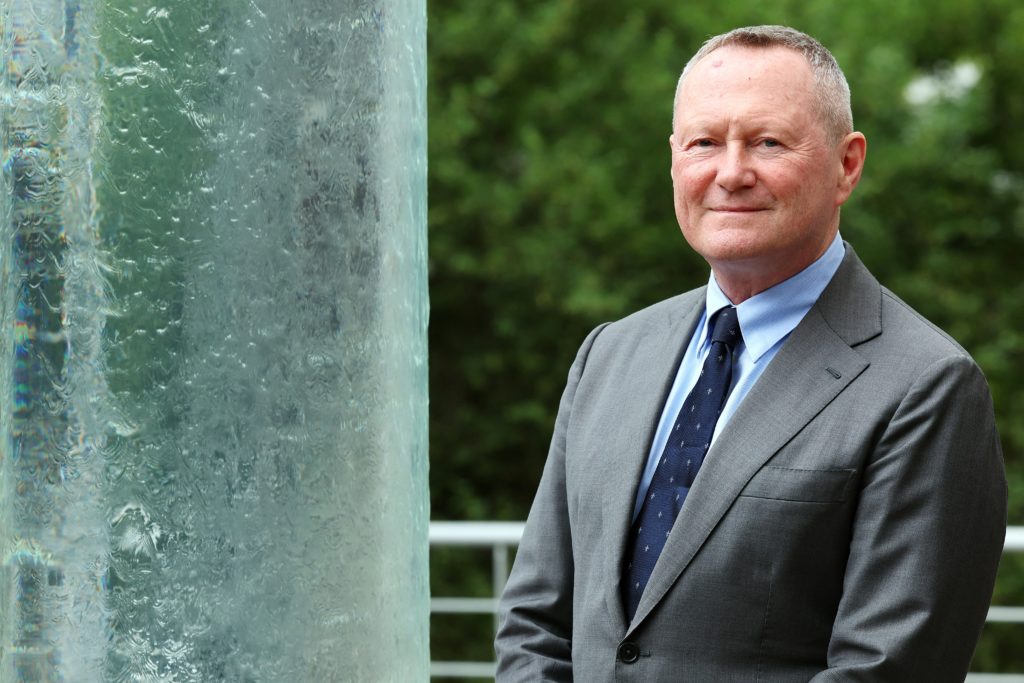A NEW report into the experience of Traveller and Roma communities in Ireland has found that they experience racism in ‘all aspects’ of life.
Council of Europe Commissioner for Human Rights, Michael O’Flaherty has today released three memoranda examining the human rights situation of both communities in Finland, Ireland and Slovakia.
Each report features country-specific findings and recommendations based on the Commissioner’s visits to the countries.
Mr O’Flaherty, a Galway-born human rights lawyer who took up the Commissioner post in April 2024, met with Traveller and Roma representatives in Dublin and Limerick last October.
He found that despite Ireland developing “ambitious strategies aimed at a more effective protection of the rights of Travellers and Roma” the communities face significant challenges in Irish society.
“Despite these positive developments, progress on the ground remains thwarted by structural anti-Traveller racism and antigypsyism in Irish society, which permeates all aspects of life,” he said.
 Galway native Michael O'Flaherty is Commissioner for Human Rights at the Council of Europe
Galway native Michael O'Flaherty is Commissioner for Human Rights at the Council of Europe“Adverse effects include over-policing and the significant overrepresentation of Travellers in the criminal justice system, the lack of culturally appropriate accommodation and overall substandard housing conditions for the communities, significant inequalities experienced by Traveller and Roma children in schools from early years onwards, and poor health outcomes compared to the majority population,” he added.
The Commissioner further highlighted that Ireland’s current trespass laws prevent Travellers from practising their nomadic traditions.
“The 2001 Trespass Legislation and the Housing Miscellaneous Acts of 1992 and 2002 still make it a criminal offence to trespass on any land which is private or publicly owned,” the report states.
“Travellers who breach the requirements of these laws face eviction and possibly imprisonment, and their trailers can be impounded.
“In many places, boulders have been erected by the local authorities in what used to be traditional halting sites for Travellers,” the report adds.
The Commissioner went on to state that these policies and the continued "lack of provision of culturally appropriate accommodation" prevents many Travellers from "practicing nomadism".
The report estimates that only 15 to 20 per cent of Travellers in Ireland still live in mobile homes or trailers, which are often located in “substandard and overcrowded conditions such as on unofficial halting sites and without access to water or electricity”.
In his recommendations, Mr O’Flaherty has called on the Irish Government to “ensure access to culturally appropriate accommodation for Travellers and Roma”, including by repealing the 2001 Trespass Act and other provisions that prevent Travellers from practicing their nomadic lifestyle.
He has also recommended stronger political commitment in Ireland to “overcome entrenched discrimination practices and ensuring sustainable funding for targeted peer-led initiatives, including in the area of mental health”.
Responding to the publication of the report, Ireland's Equality Minister Norma Foley said it "raised important issues and forwarded important recommendations".
"While much has been done in recent years to address the issues faced by Travellers and Roma in Ireland, I am conscious that more remains to be done," she said.
"To that end, my Department remains committed to supporting and implementing the National Traveller and Roma Inclusion Strategy II 2024-2028.
"The Strategy represents a whole of Government approach to ensuring and facilitating the full inclusion and active participation of the Traveller and Roma communities in Ireland’s social, economic, cultural, and political life.
"Its purpose is to realise a safe, fair, and inclusive Ireland where Travellers and Roma are supported to lead inclusive, healthy, and fulfilling lives."

